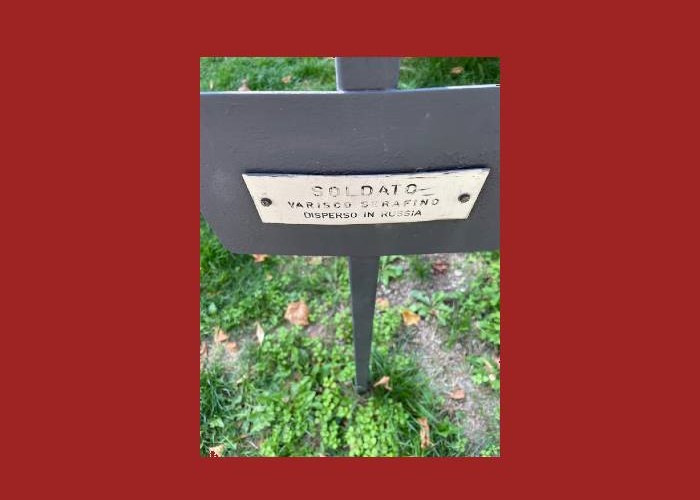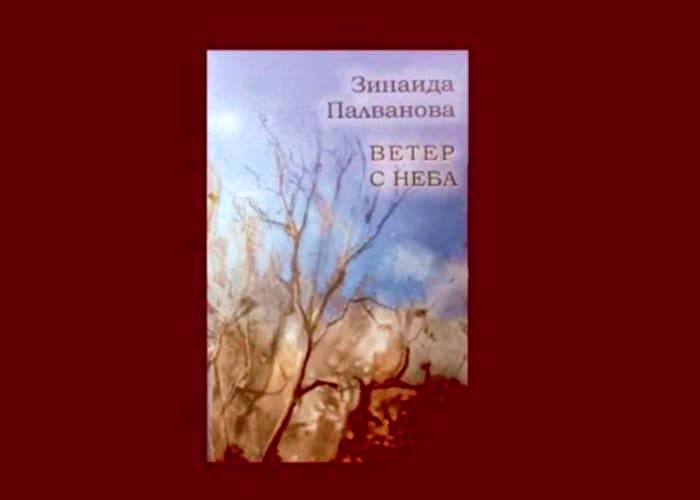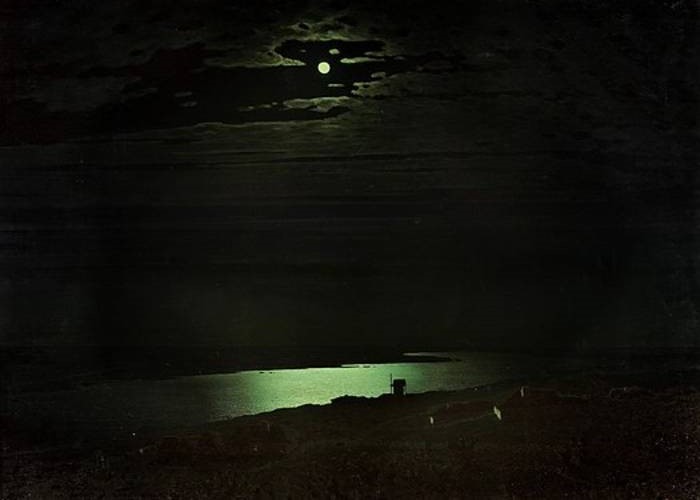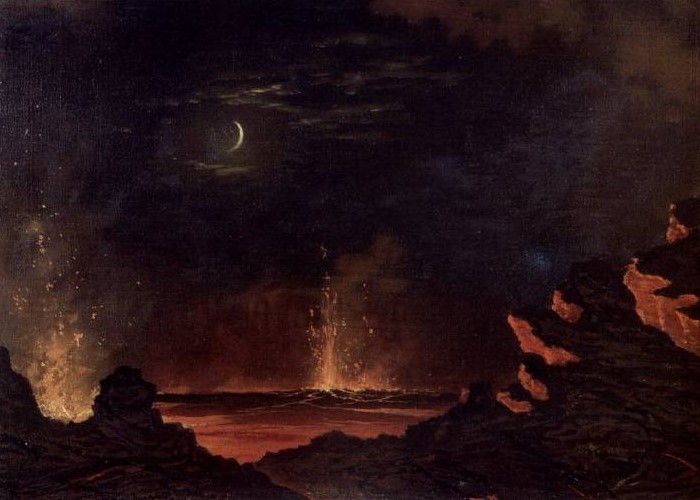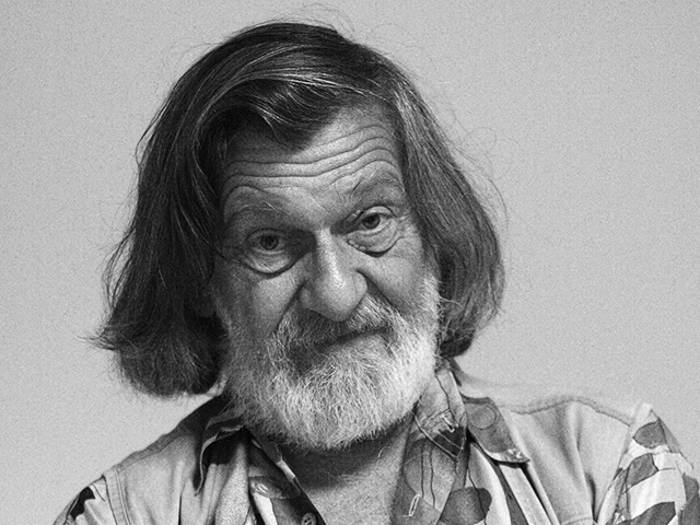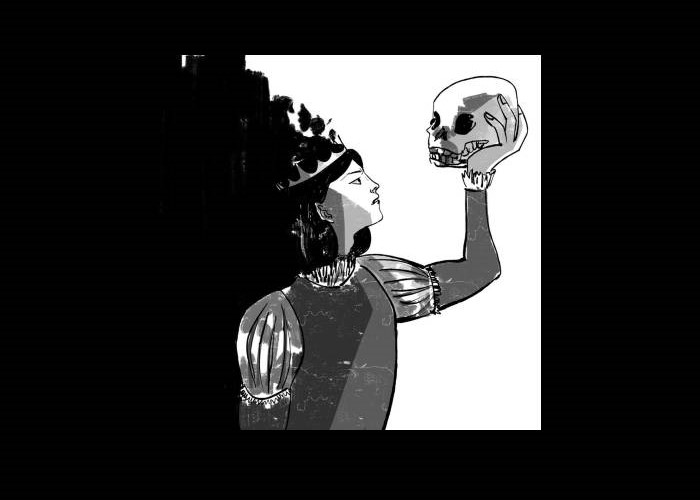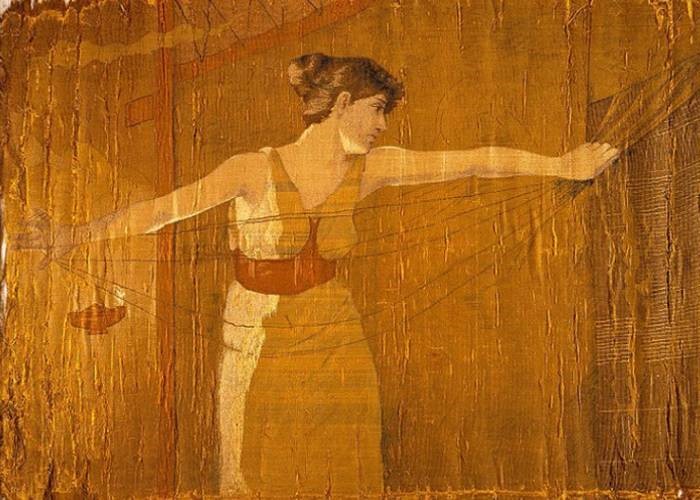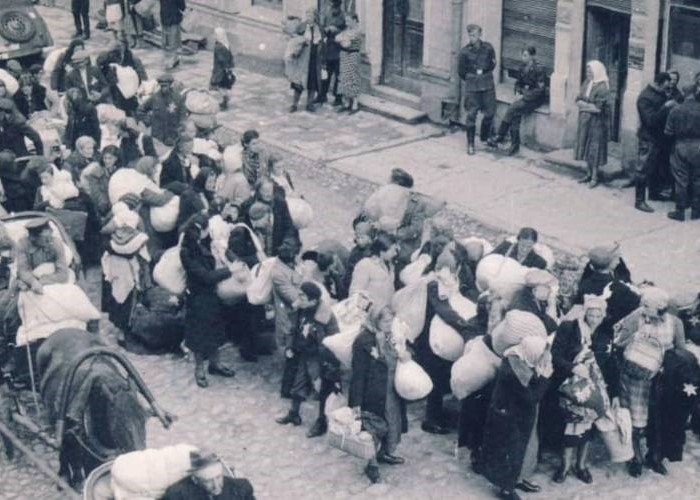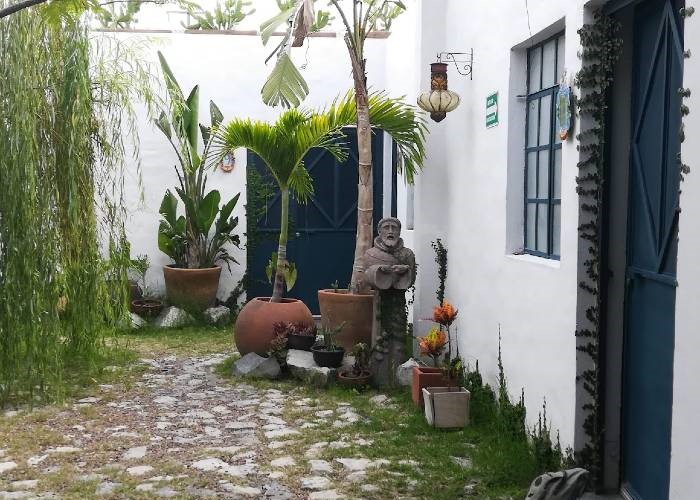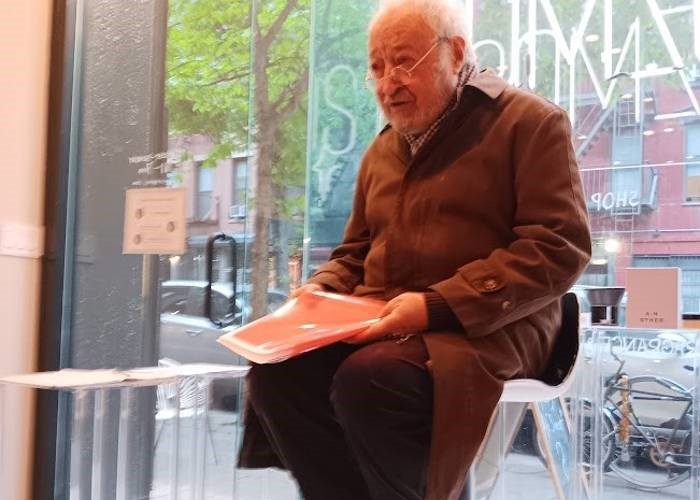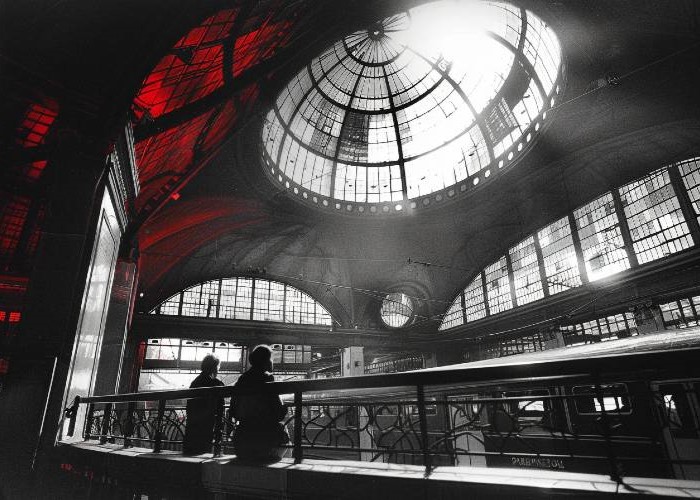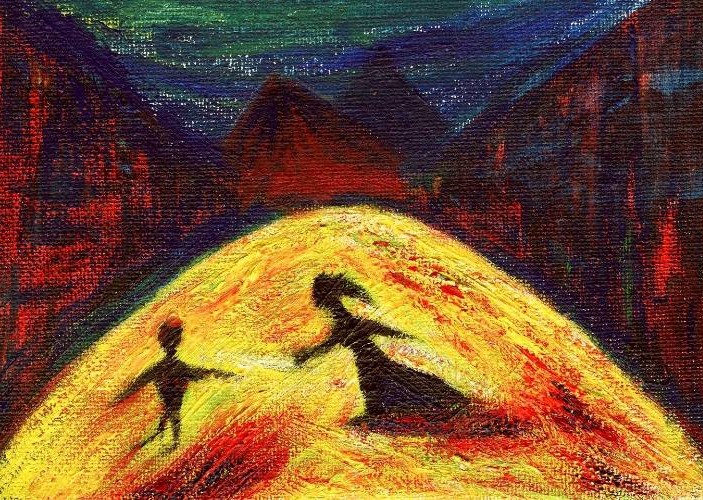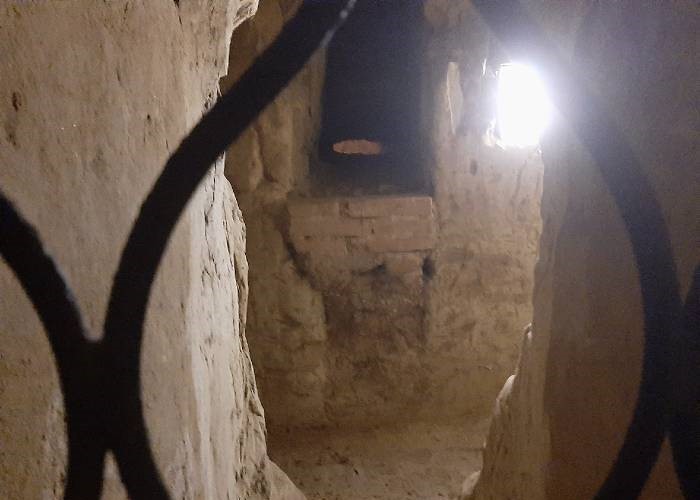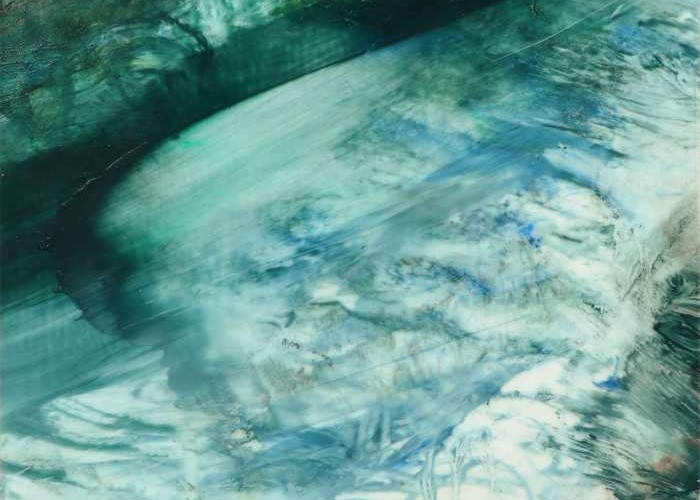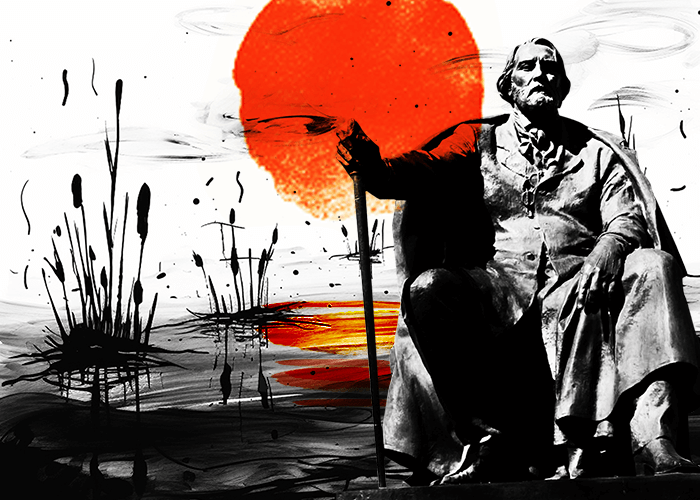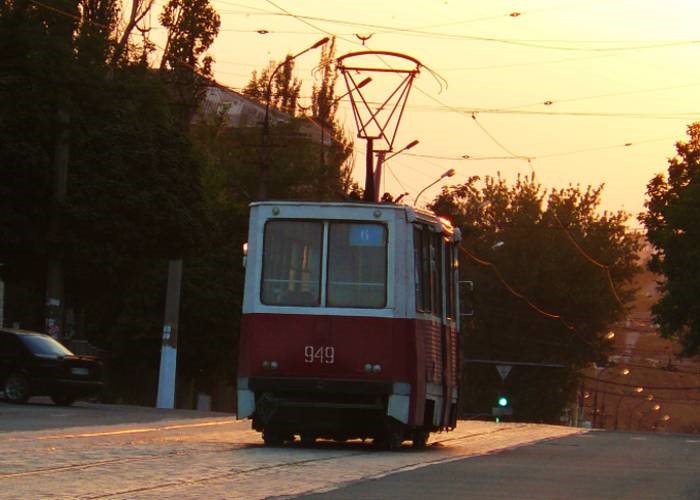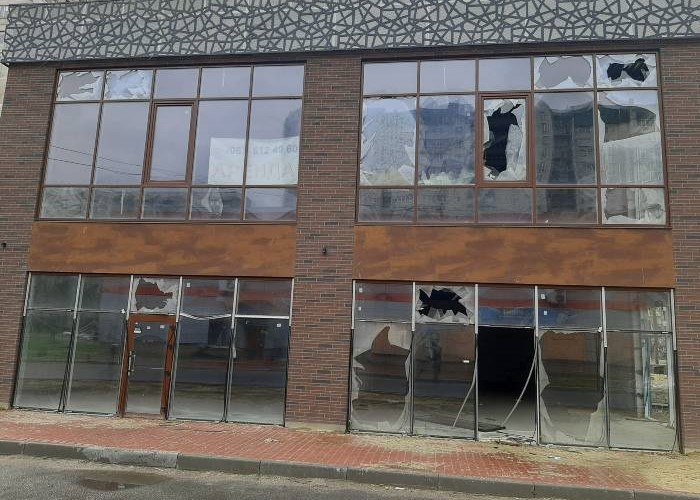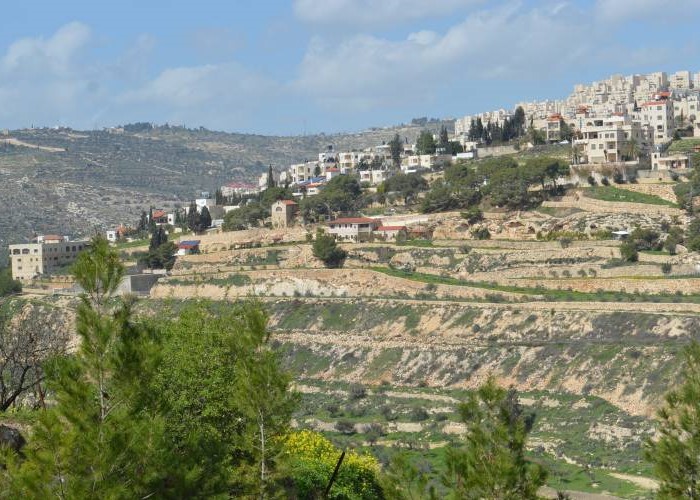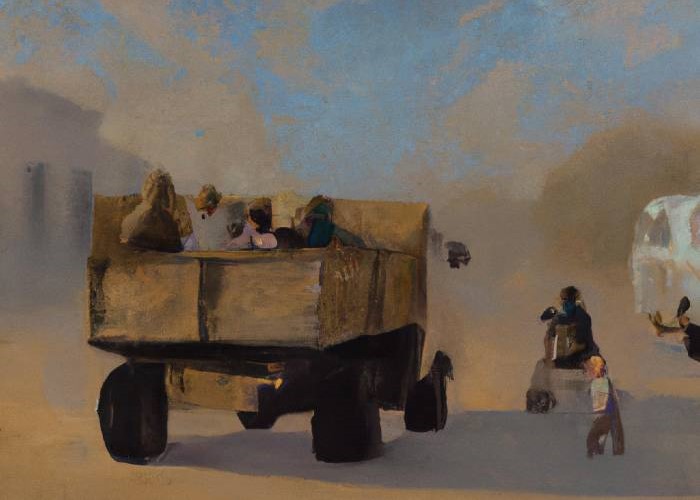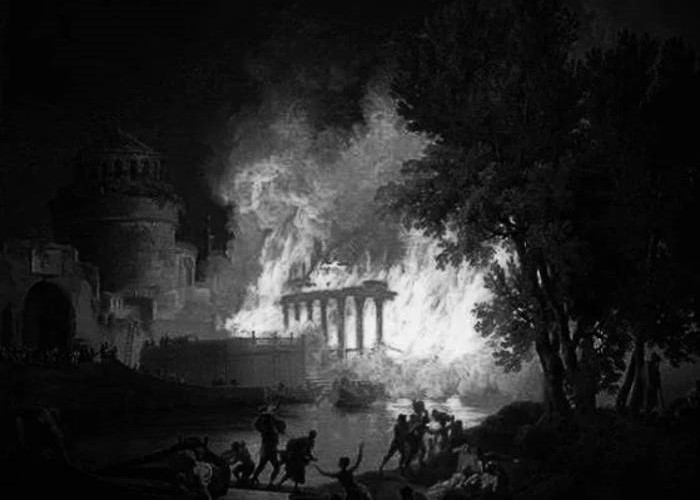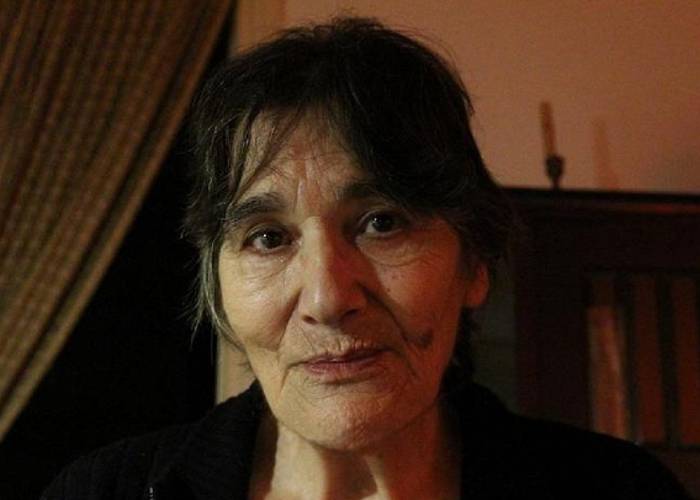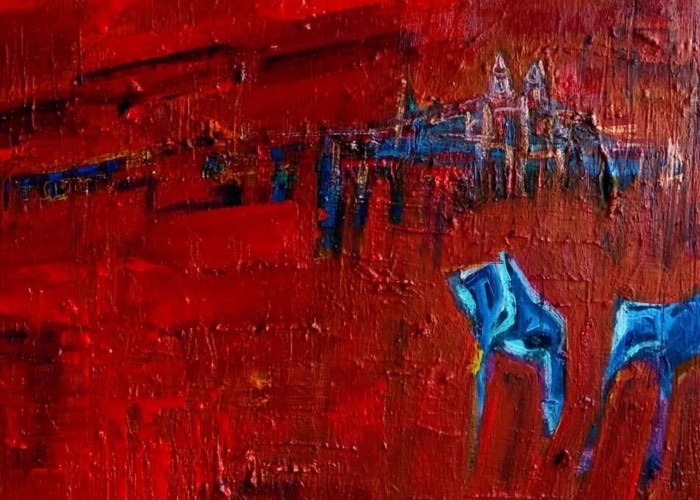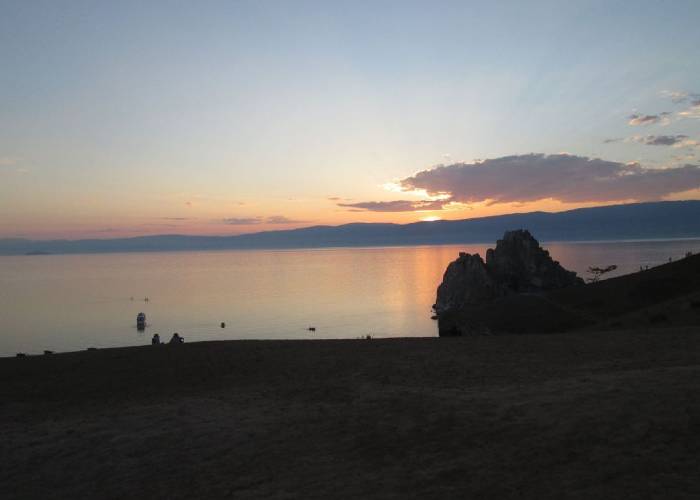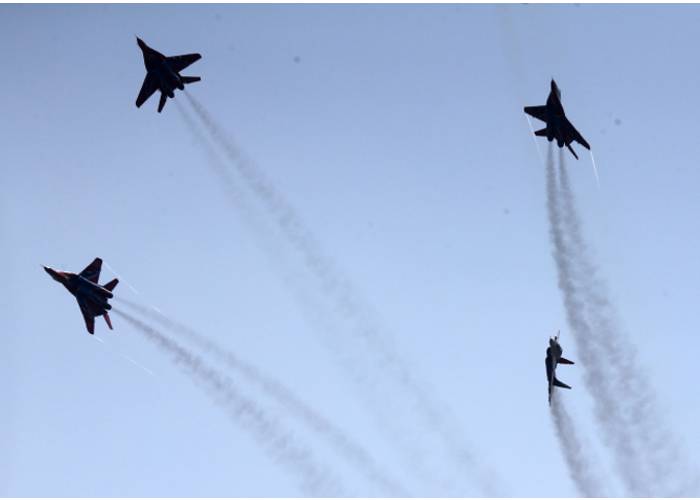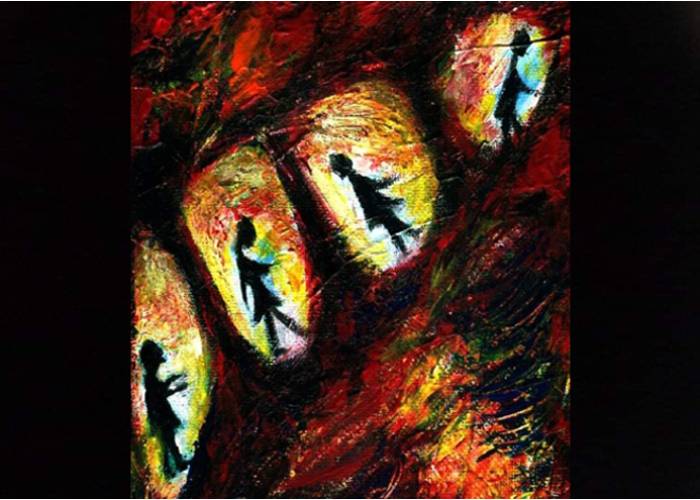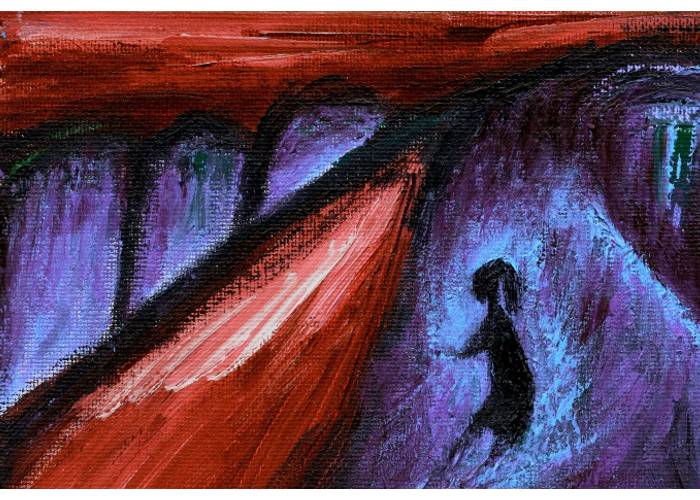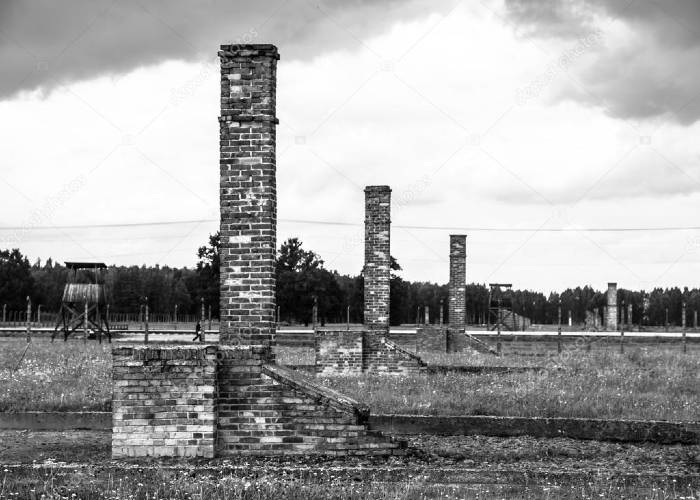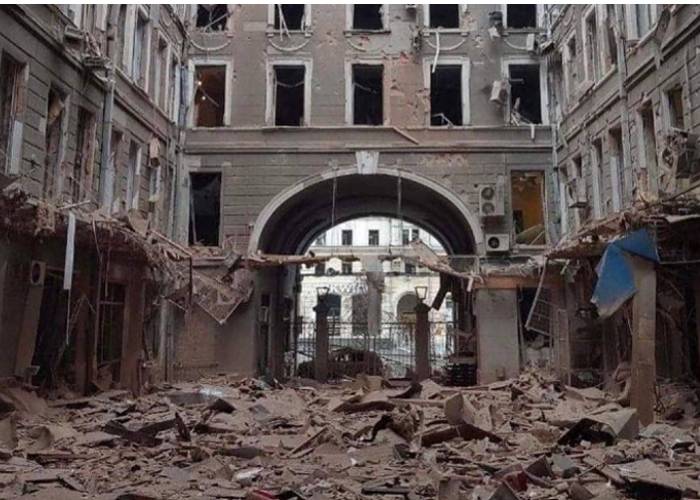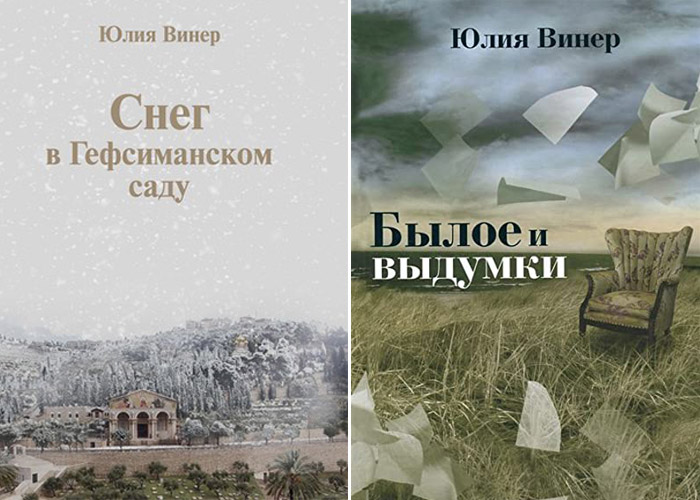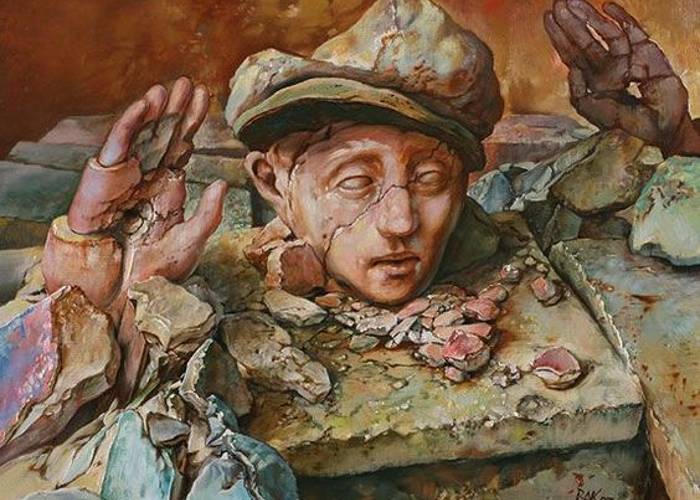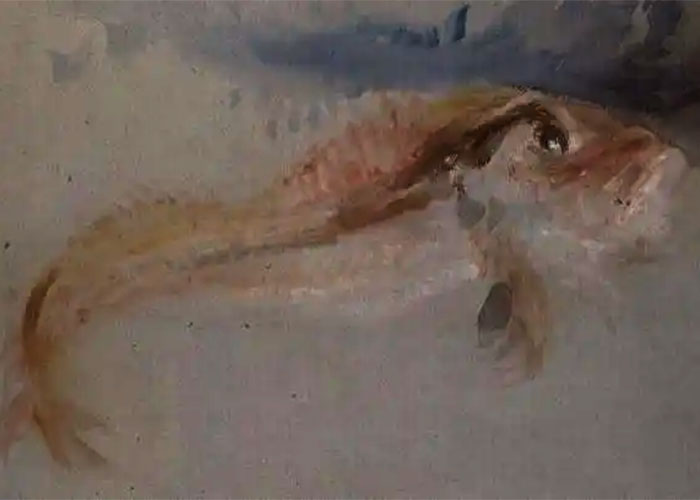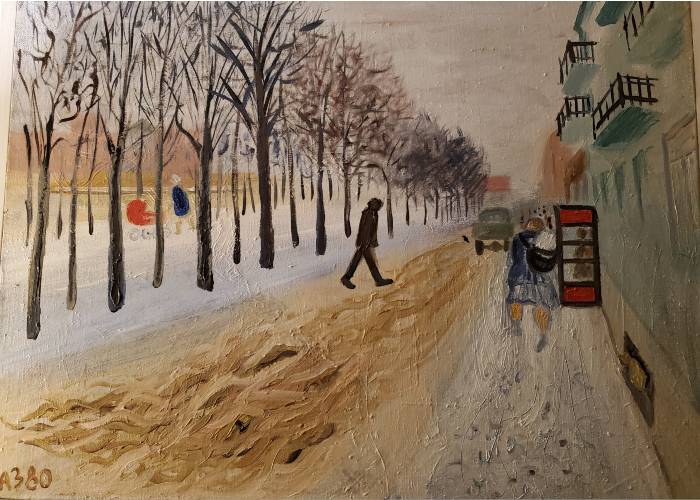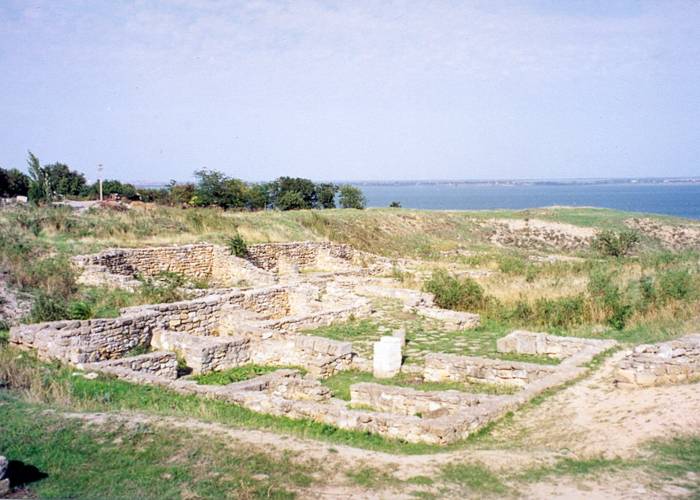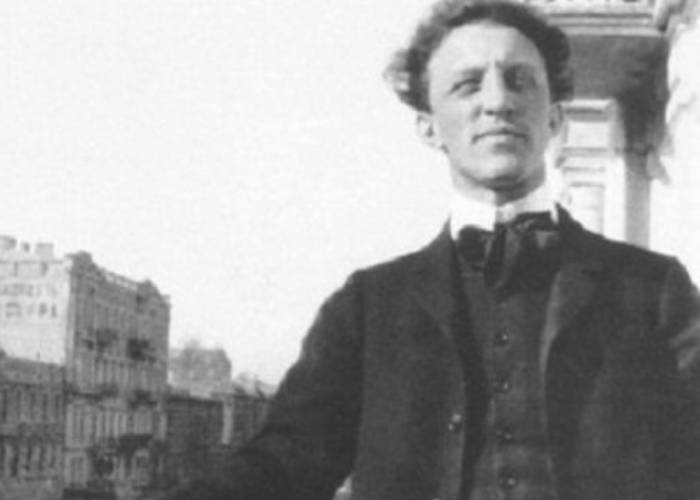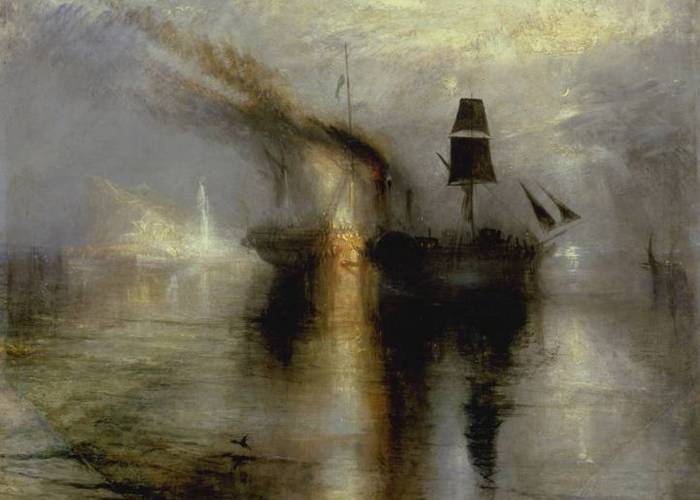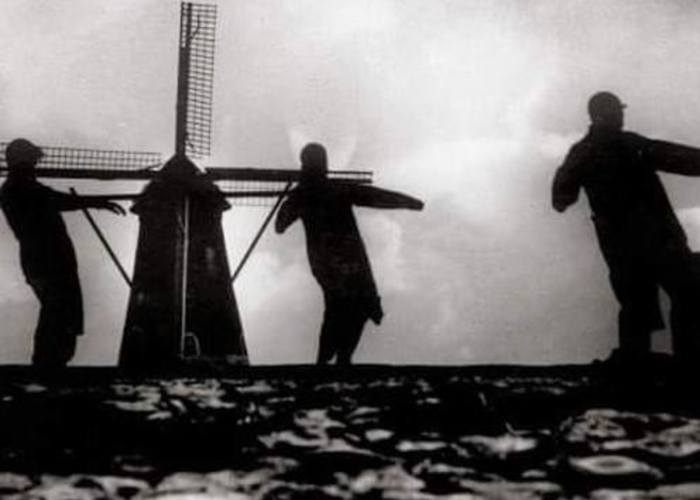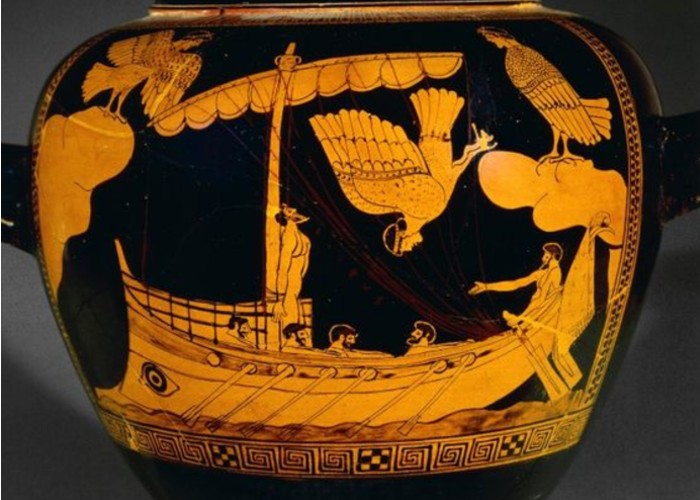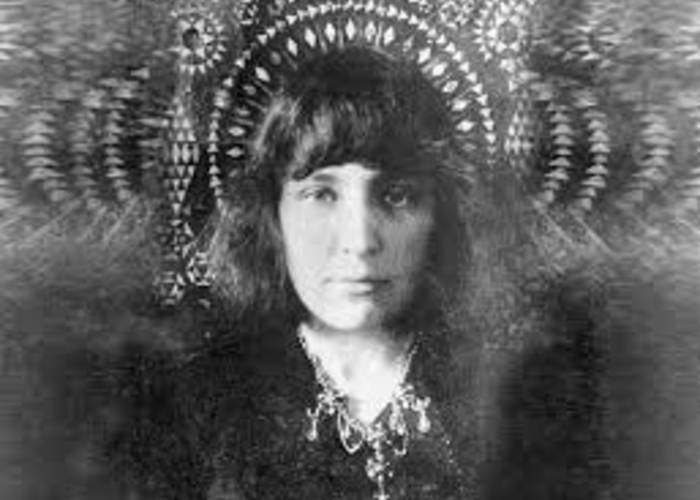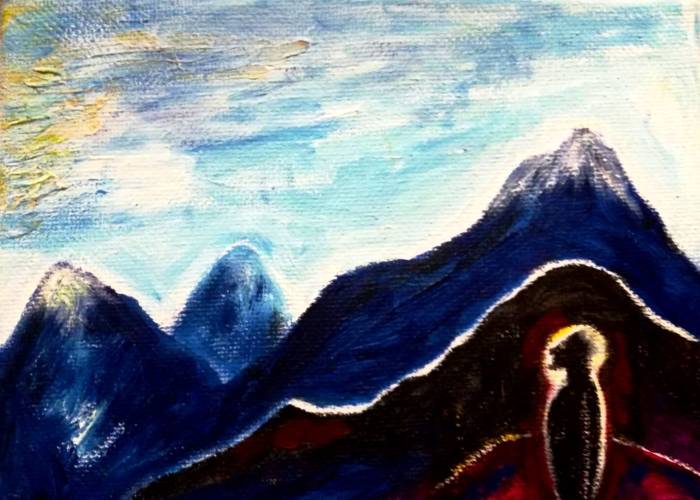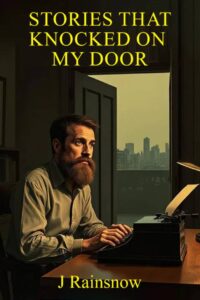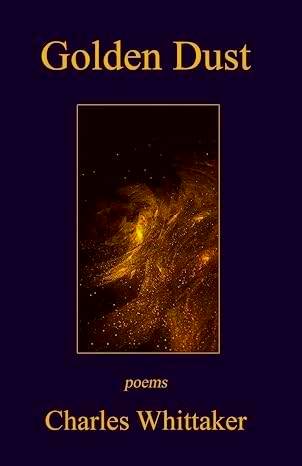About the Author:
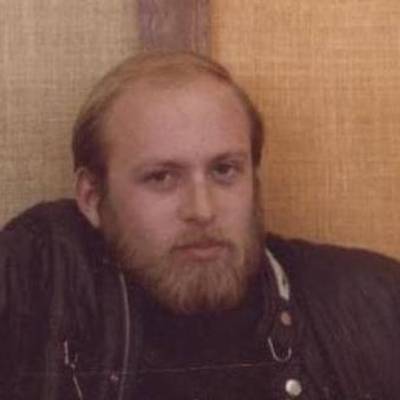
Michael Kossman was a poet, prose writer, translator of poetry from English and German, and literary critic. He was born in Moscow, where he graduated from high school and began his university studies. He emigrated from the USSR in 1972. He spent one year in Israel. In 1973, he arrived in the US, first settling in Cleveland where his father had a college teaching job, then in New York. He graduated from Columbia University with a master’s degree in Russian literature. He wrote amazing poems and short stories but was indifferent to publication and refused to publish his work. Most of his best poems and short stories are lost, as he did not want to keep them. He translated poems by W.B. Yeats (from English) and Hermann Hesse (from German) into Russian. He authored studies on Bulgakov’s “The Master and Margarita” and on Zamyatin’s unfinished novel “The Scourge of God”. He was not only a unique poet and short story writer, but also a thinker, and his thinking often verged on the prophetic. He saw life and death so clearly, that in some of his poems written many years ago, he predicted his own death. He passed away on the same night and at the same time as his father, Jan. 22, 2010. After his passing, his sister found an envelope with a few of his poems and arranged for their publication.

